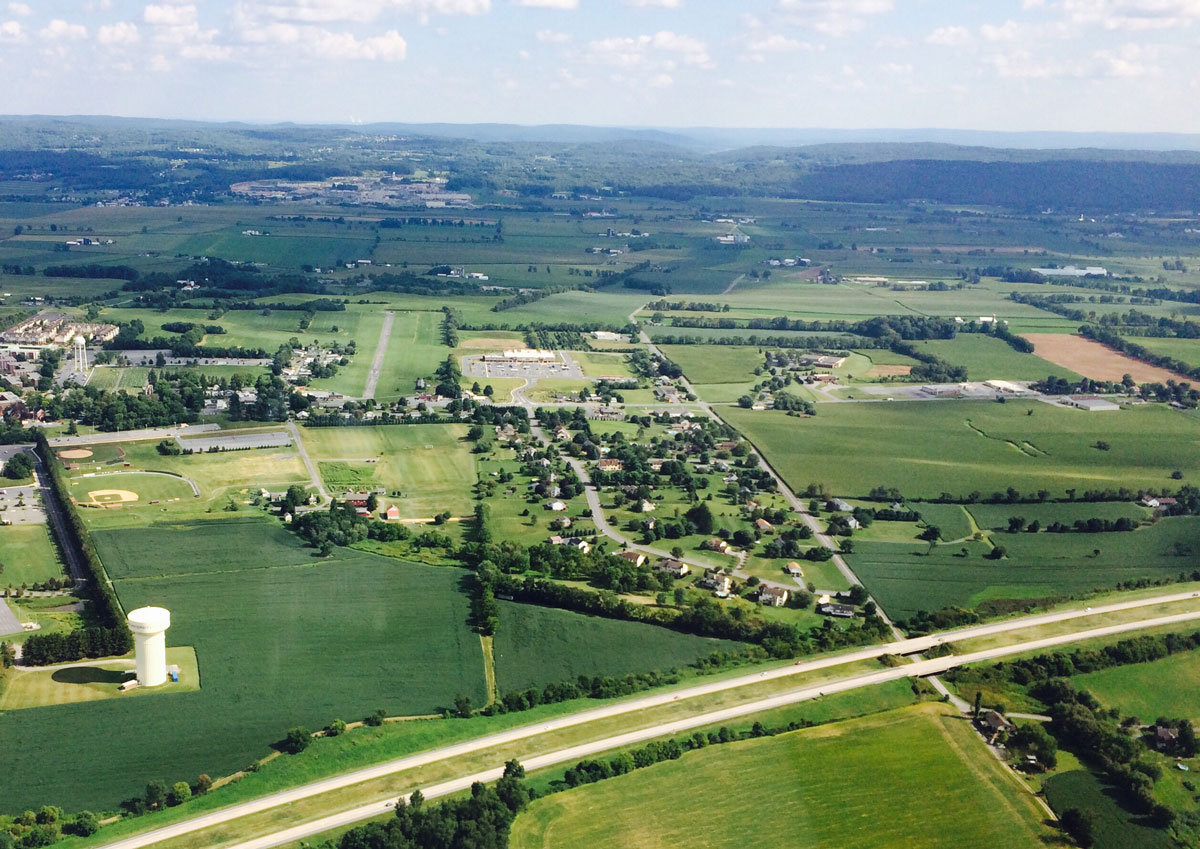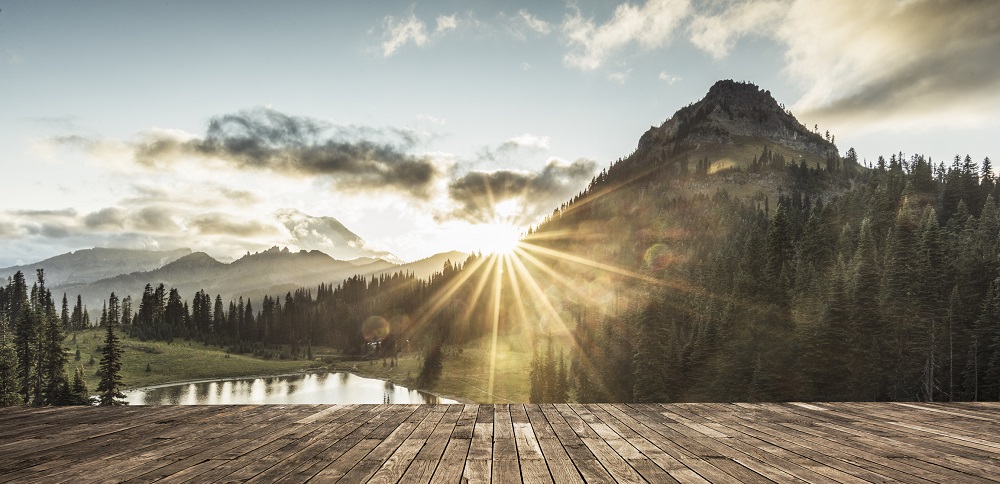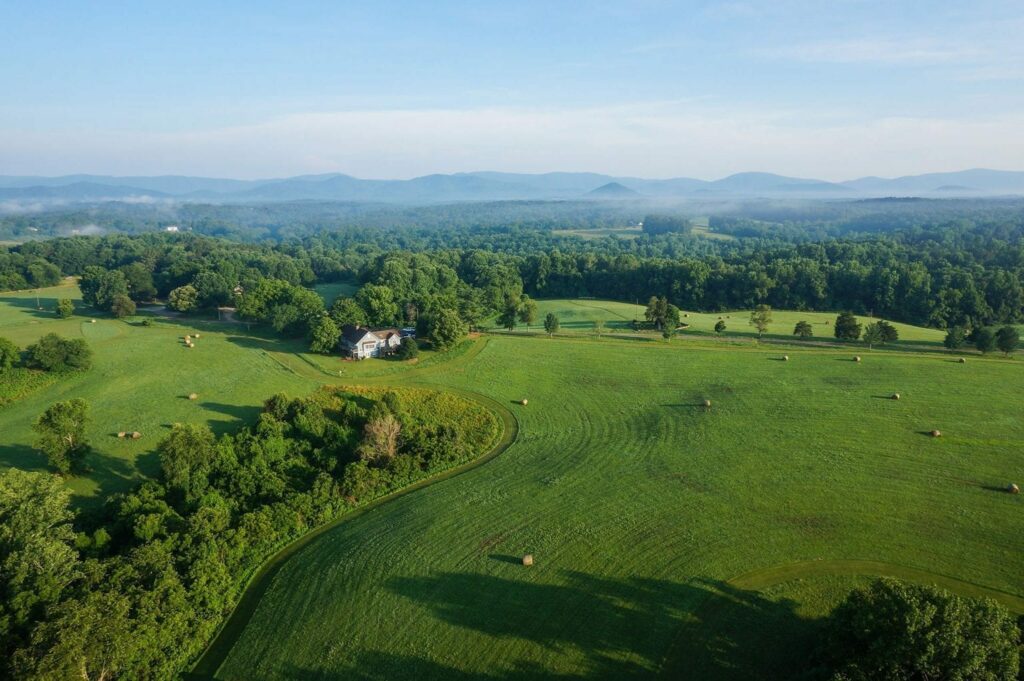Unfortunately, there are several different development paths for different types of projects and the information can be sparse, leaving landowners scrambling to get the details before making a decision. Here are a few tips and nuggets of info that may help you along the way.
If I lease my land, what are the chances a project will be successful?
This, of course, is the million dollar question when landowners are considering leasing their land for solar. Many Pennsylvania landowners carry scar tissue from the oil and gas mineral rights which were acquired by speculators – and nothing ever came of it except a cloud on title leading to challenges with property transfers. The solar industry has been slowly gaining ground and while there may not be many projects installed at this time, there is a lot of momentum with key legislation in the works which could overnight greenlight a wave of new projects.
What legislation? What is driving this new solar development?
There are general trends that are driving utility scale solar development – including the cost of panels steadily decreasing over the past decade and a focus on environmental benefits from utilities. The most recent boost is due to introductions of key legislation.
Three bills have been recently introduced to the Pennsylvania State Senate and House of Representatives, proposing expansions in the development of community solar projects. While these proposals have yet to be passed, the bills have generated a ton of local support with a 77% approval rate from the public. Developers see this as an opportunity to grow, and are actively engaged in researching and seeking approval for expansion. Solar Landscape CEO Shaun Keegan says that he expects “Pennsylvania to be active over the next 12 to 18 months,” and anticipates the formal launch of the state market within that time.
Senator Rosemary Brown, the prime sponsor of an upcoming bill, is working to gather information that will garner the attention of the governor. Her draft received support from both Republican and Democratic senators, and she clearly defines the details of the proposal. Pennsylvania’s Public Utility Commission will be in charge of authorization, administration, license requirements, and the net crediting involved in each project. Community solar facilities will have to be under five megawatts (MWs) and 50% of the subscribers to a project must be residential customers. This encourages the utilization of the state’s diversity, proposing to establish solar projects in both the brownfields of the countryside and on the rooftops of city buildings. The bill proposes that rules of operation will be established within one year of its passing, also promising that there will be a 5 year report on the effectiveness of the program to both the legislature and public once the program is established.
Should I wait and see how it plays out before signing a lease?
The solar development market is so competitive that many projects will be underway well before any legislation passes. A major factor in site selection is the capacity along the power lines, which the projects will eventually interconnect with. Interconnection applications are honored on a first come, first serve basis; so even if you have a great site, if there are too many projects ahead of it in the queue, there will not be enough capacity left to build a project. “For Pennsylvania, it’s not a question of if, it’s a matter of when,” according to Jason Bledsoe, NLR Solar’s Pennsylvania Territory Manager. So while it may seem prudent to wait it out, the opportunity may not be there once a bill passes.
What Makes a Good Solar Site in PA?
Factors such as land size, physical characteristics, and proximity to powerlines are the primary drivers when developers are selecting potential sites. To learn more about the specifics on what makes for a good solar site, click here.
In Pennsylvania there are a few special factors developers must also consider. For one, excessive slope or bedrock is a major challenge for development and Pennsylvania offers no shortage of either. Another is the potential of a community solar program only applying for certain utilities. These service territory maps and power line ownerships are not well documented, so it’s difficult for developers to be sure of the property’s utility when initially reaching out. It’s important to know the power company associated with the site – as this may save you a good deal of time and effort if you know the project won’t work right off the bat. It’s also important to be aware if you have oil and gas rights sold off or active wells on your property. These won’t necessarily be deal breakers, but a developer must resolve this with the oil and gas company before getting started. As you can imagine, they cannot run the risk of an oil and gas company tearing up a solar farm to drill or repair a well.
Are there predatory speculative developers? What should I look out for?
The solar market has become a very lucrative business for developers. Each project could fetch millions of dollars once interconnected and constructed. It takes a lot of investment, risk, and experience to get these projects to the finish line.
First, there should be a fair consideration paid to the landowner during the option period. This money is at risk and a developer would prefer to invest it in the project costs, but it’s still a good test of their financial stability and should compensate the landowner for the time spent negotiating the lease option.
As for specific lease provisions, make sure there is decommissioning language to account for removing the project at the end of the lease. Other folks in the midwest have seen issues with cell phone towers and wind-turbines that have been abandoned by the tenants and left a costly clean up for the landowner. The good news is solar panels are simpler to remove and they have valuable metals that a tenant wouldn’t want to leave behind. Finally, be aware of how a project may affect your property taxes. Oftentimes, developers will offer to pay for any property tax increases that may occur as a result of the project. It’s a standard provision, but make sure it’s included. The last thing you want is to be stuck with a big tax bill as a result of a project.

At Scout Land Consultants, our team is well versed in solar development projects and happy to help you navigate what can be a cumbersome and confusing process. Our team of experts are here to help evaluate your property and ensure you partner with the best developer for the job.
If you think your land in Pennsylvania could be a good fit for solar development, contact us today for a free evaluation.
References
“Pennsylvania Senate considers bipartisan community solar legislation”, Solar Power World
“POLICY: Recent Pennsylvania legislation sparks hope for community solar”, Andrew Burnes New Project Media
“INTERVIEW: Pennsylvania Senator drafts community solar legislation”, Michelle France, New Project Media



